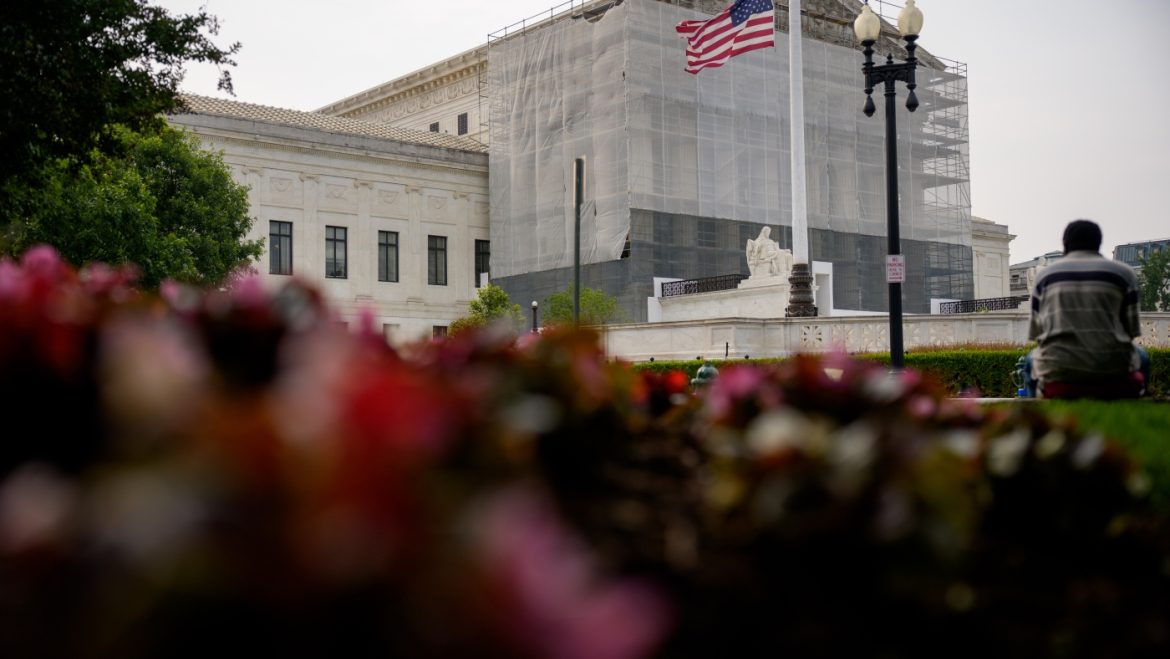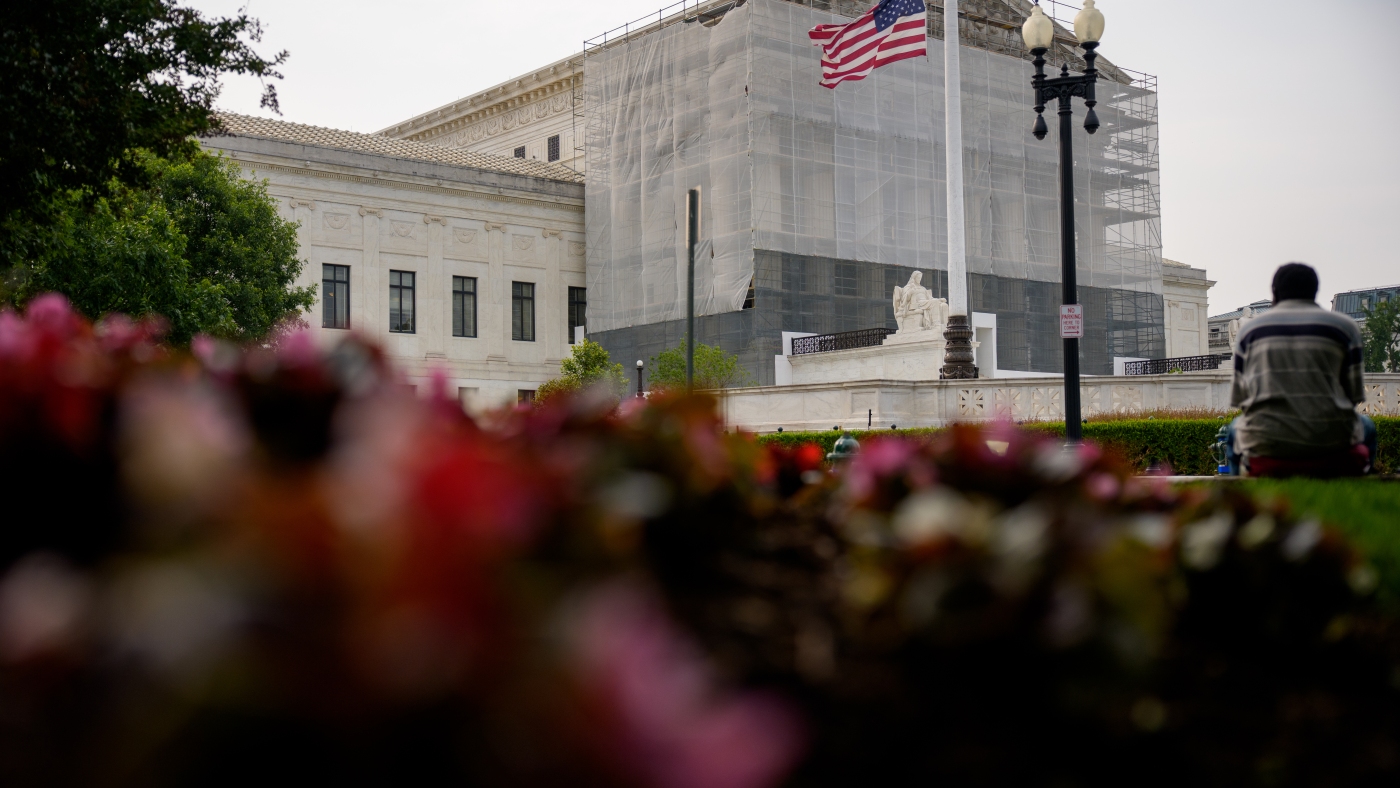The Supreme Court’s Unanimous Rejection of Mexico’s Lawsuit Against U.S. Gunmakers
The recent unanimous ruling by the U.S. Supreme Court has effectively ended Mexico’s multi-billion-dollar lawsuit against American firearm manufacturers, which alleged that these companies contributed to cartel-related violence in Mexico by supplying guns that ended up being used in crimes. This decision marks a significant judicial interpretation of U.S. laws that protect gun manufacturers from liability for third-party criminal use of their products. The case reflects deep legal, political, and societal complexities surrounding gun control, cross-border violence, and liability.
Background of the Lawsuit
The government of Mexico pursued a lawsuit against several prominent U.S. gunmakers, accusing them of “aiding and abetting unlawful firearms sales to traffickers for cartels in Mexico.” Mexico sought damages amounting to $10 billion, arguing that the business practices of these manufacturers significantly exacerbated violence along the Mexico-U.S. border and within its borders. The core claim was akin to alleging that the manufacturers’ negligence or business models facilitated the illegal flow of firearms, thereby fueling cartel violence and bloodshed.
However, the lawsuit intersected with the Protection of Lawful Commerce in Arms Act (PLCAA), a 2005 U.S. federal statute that affords broad immunity to gun manufacturers and dealers from lawsuits when their products are used in crimes by third parties. This law was designed to prevent liability claims that could arise from the criminal misuse of firearms, aiming to shield the industry from extensive litigation.
The Supreme Court’s Decision and Legal Reasoning
In a unanimous opinion penned by Justice Elena Kagan, the Supreme Court dismissed Mexico’s claims, citing that the lawsuit was barred under U.S. legislation insulating gun manufacturers from such liability. The Court ruled that Mexico failed to establish a legally sufficient connection between the firearm manufacturers’ conduct and the criminal acts committed by the Mexican cartels. In legal terms, the court did not find that the manufacturers “aided and abetted” the criminal gun trafficking or violence.
The unanimous decision overturned a prior appellate court ruling that had allowed some of Mexico’s claims to proceed under an exception within the PLCAA. Nonetheless, the Supreme Court emphasized that the specific claims brought forth failed to satisfy the narrow “predicate exception” that permits certain lawsuits when unlawful conduct by the manufacturers themselves is involved.
Implications of the Ruling
The ruling highlights several critical dynamics. First, it reiterates the strength of legislative protections for gunmakers in the U.S., signaling that courts remain reluctant to extend liability to manufacturers for how their products are later used illegally, even in cases involving international drug cartels and cross-border violence. This outcome restricts the scope for indirect civil claims against gun producers based on downstream criminal misuse.
Second, the decision clarifies legal boundaries about foreign governments’ ability to bring lawsuits within the U.S. judicial system against American companies. In this instance, Mexico’s efforts to hold U.S. companies accountable for transnational harms encountered significant legal obstacles rooted in statutory protections and causation standards.
Third, the ruling reopens public debate about accountability and responsibility in the context of gun violence and trafficking. Critics argue that gun manufacturers should bear some responsibility for the consequences of their sales practices, especially when these sales allegedly contribute to violence beyond U.S. borders. Conversely, gun rights advocates and the industry maintain that the onus rests on criminals and traffickers, not lawful manufacturers, and that liability protections uphold constitutional rights and economic stability.
The Broader Context: Gun Policy, Violence, and International Relations
This case is situated within ongoing tensions regarding gun control in the U.S., the impact of firearms on Mexico’s security landscape, and broader issues of border security and drug cartel violence. Though the Supreme Court’s ruling forecloses this particular legal avenue, it does not resolve the underlying social and political challenges posed by the illegal arms trade.
The case also reflects diplomatic sensitivities. Mexico’s government sought legal remedies as part of a broader strategy to address violence that has claimed tens of thousands of lives over recent decades. The decision underscores limits to judicial intervention but may deepen calls for legislative or executive action on both sides to manage gun trafficking and cross-border security cooperatively.
Conclusion: A Legal Boundary Drawn in an Ongoing Battle
The Supreme Court’s dismissal of Mexico’s lawsuit sends a clear message about the limits of gun manufacturers’ liability under existing U.S. law. While the human cost of cartel violence remains staggering, this ruling emphasizes the divide between legal accountability under U.S. statutes and the quest for justice and security beyond its borders. It underscores how congressional statutes like the PLCAA shape the landscape of gun litigation and the complex interplay between domestic law and international consequences.
Ultimately, the decision may prompt renewed political discourse on gun regulations, manufacturer responsibilities, and international cooperation to confront violence fueled by firearms. The Supreme Court has drawn a firm legal boundary, but the societal and diplomatic challenges surrounding firearms and cartels persist — unresolved, urgent, and demanding multifaceted solutions beyond the courtroom.


